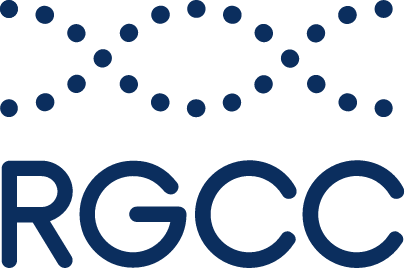Information for patients
We work with your healthcare provider to deliver a range of personalised tests so you can choose the best treatment together.
More patient information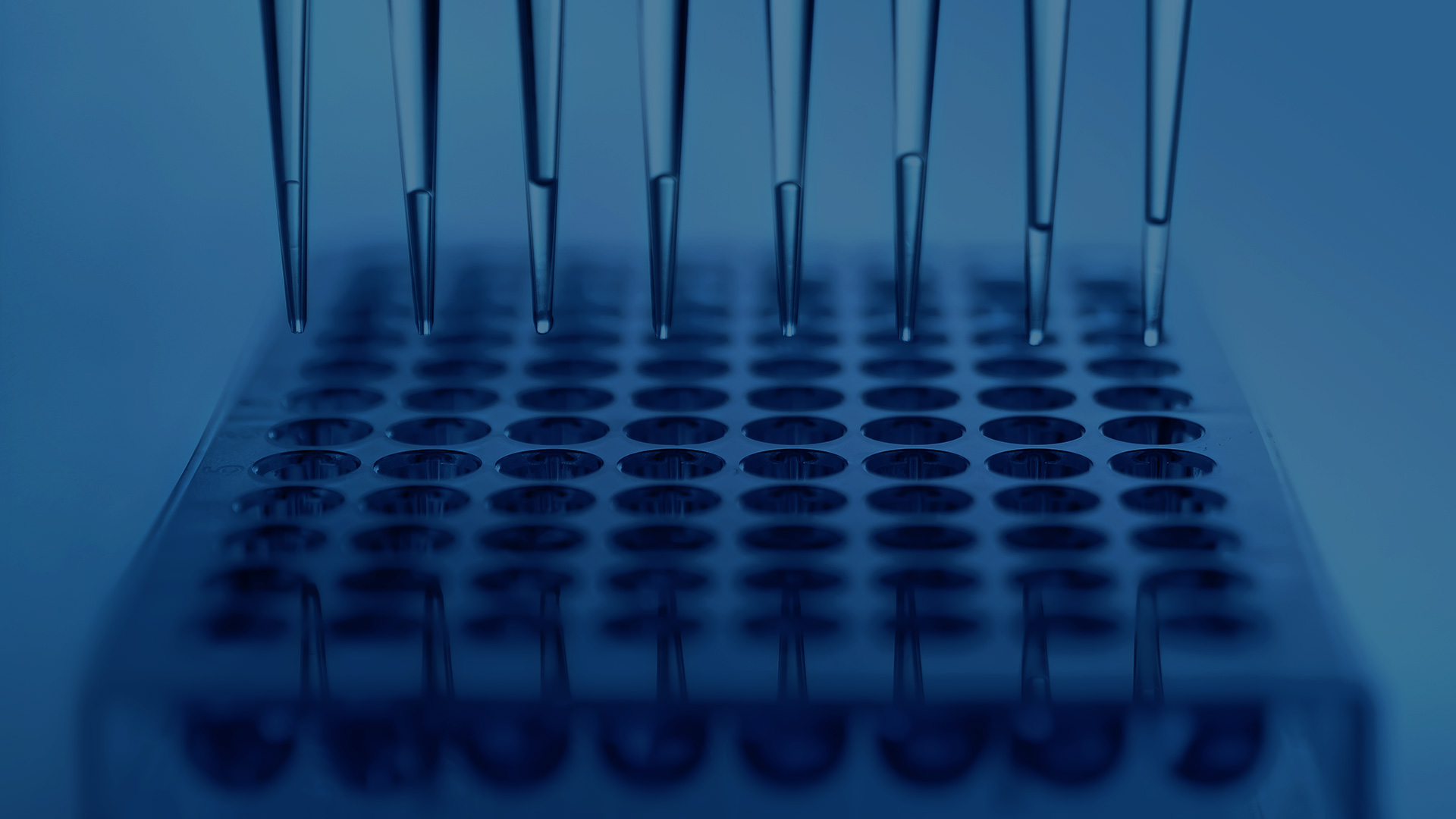
We work with your healthcare provider to deliver a range of personalised tests so you can choose the best treatment together.
More patient informationFind answers to some of your most frequently asked questions
New methods and reliable tests to help deliver personalised treatment
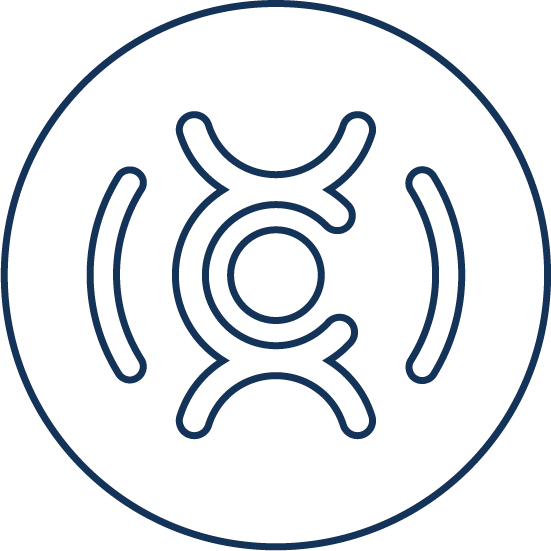
Onco-D-clare is a cancer screening test based on the interaction of molecular biology with machine learning algorithms. This screening test can help detect cancer before symptoms appear. Peripheral blood mononuclear cells are isolated from blood samples, and gene expression analysis is performed in more than 90 genes. Their expression profile is then used for the […]
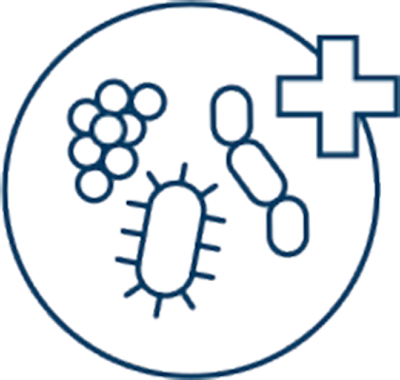
InVyomma Plus focuses on gut microbiome profiling, including analysis of short-chain fatty acids, and how they are associated with cancer. It has been discovered that the microbiome is closely related to the occurrence and development of a variety of cancer types in the epithelial barrier and sterile tissues. Symbiotic ecosystems that inhabit the gut or […]
Onconomics Extracts+ provides highly detailed and accurate information about how effective specific natural substances and plant extracts are, as anticancer agents as well as the gene expression profile of genes, associated with fundamental biological processes. This includes processes such as angiogenesis, cell cycle regulation, self-repair, metastasis, apoptosis, proliferation etc. Circulating tumor cells are isolated from […]
RGCC CAMBISeq® is an innovative test that uses next-generation sequencing analysis on both DNA and RNA to provide clinicians with crucial insight into cancer.
The array comparative genomic hybridisation (aCGH) RGCC test is used to identify chromosomal abnormalities in a patient that could lead to cancer.
Immune-Frame is used to assess the condition of a patient’s immune system. Scientists use the test to identify specific cellular markers that are responsible for switching a patient’s immune system on and off.
Metastat RGCC is an advanced test to detect specific blood-borne markers that can accurately determine whether a secondary cancerous tumour is likely to develop and its potential location.
ChemoSNiP is an innovative test that uses an advanced scientific technique called pharmacogenomics to analyse how a patient’s body will respond to a specific drug.
Oncocount RGCC detects the presence of circulating tumour cells (CTCs) and their concentration in the blood.
Onconomics Extracts is a unique and highly detailed test that provides information on how effective natural substances and plants extracts are at attacking circulating cancer cells (CTCs).
Onconomics Plus RGCC provides information about the effect of specific anti-cancer drugs, targeted therapies and natural treatments on the cancer cells in an individual patient.
Onconomics RGCC provides highly detailed and accurate information about how effective specific anti-cancer drugs and targeted therapies are in treating cancer.
Use our ‘smart filter’ to identify which test is best for your patients
Find out moreFind out more about our latest research, trials and education days.
RGCC announces the launch of Onco-D-clare, a groundbreaking cancer detection test that marks a significant milestone in early cancer screening. Utilizing the cutting-edge technology of molecular biology coupled with artificial neural networks, this innovative test empowers individuals to detect cancer before symptoms manifest. Onco-D-clare operates by isolating peripheral blood mononuclear cells from blood samples, followed […]
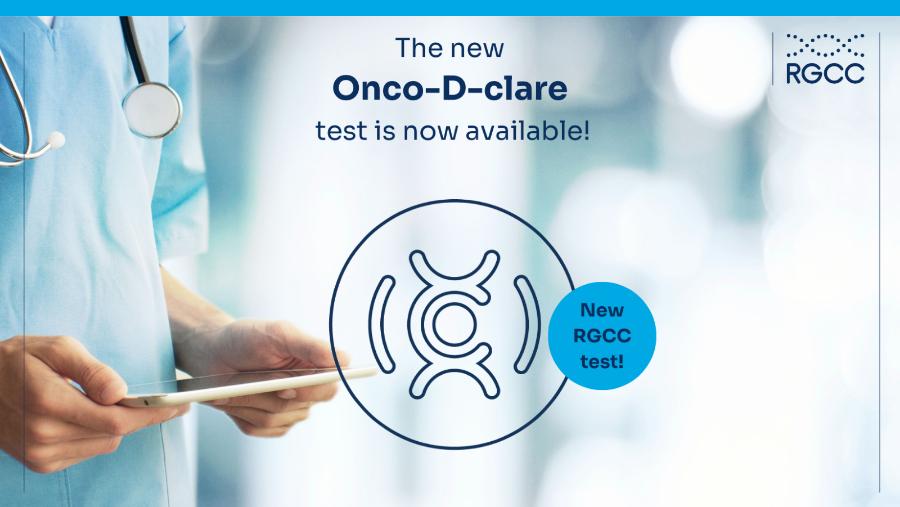
We are delighted to announce that RGCC has received prestigious recognition as one of the top 10 Swiss Biotech companies in 2023 by Life Sciences Review. Proudly standing alongside Switzerland’s esteemed biotech leaders, this acknowledgment underscores our unwavering commitment to innovation, excellence, and our continual contribution to the life sciences sector. It also reflects our […]
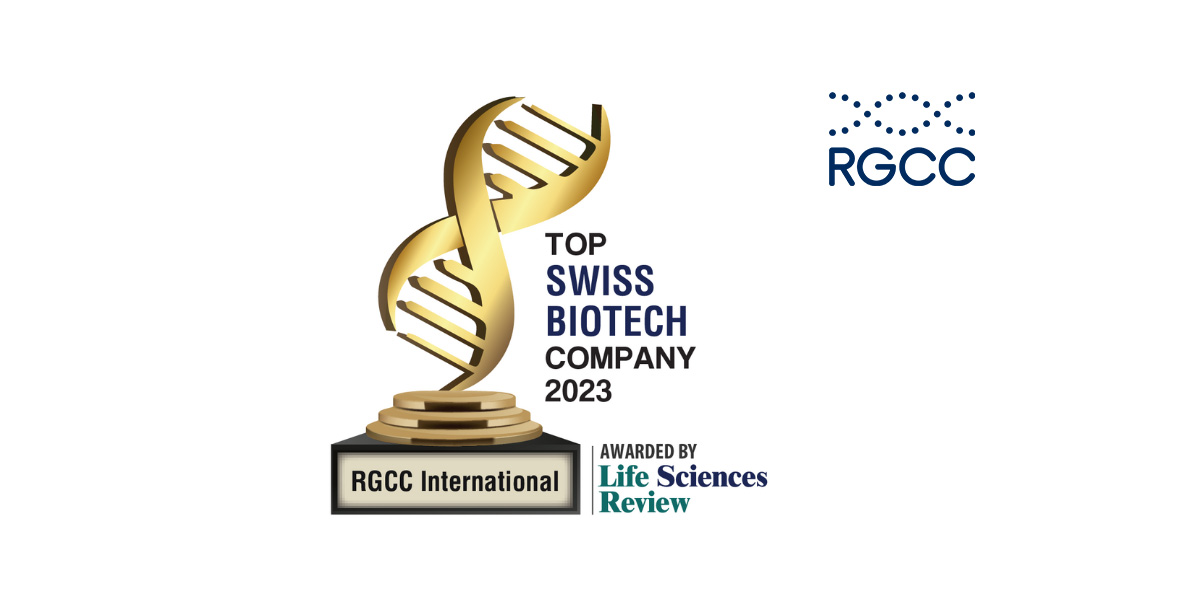
In March 2024, RGCC, in collaboration with SOL Integrative Wellness Centre, hosted its inaugural Malaysia Conference in Kuala Lumpur, marking a significant step forward in revolutionizing cancer care in the Southeast Asia region. From 9-10 March, healthcare practitioners from both integrative and conventional oncology gathered to explore the latest advancements in personalized testing, case studies, […]
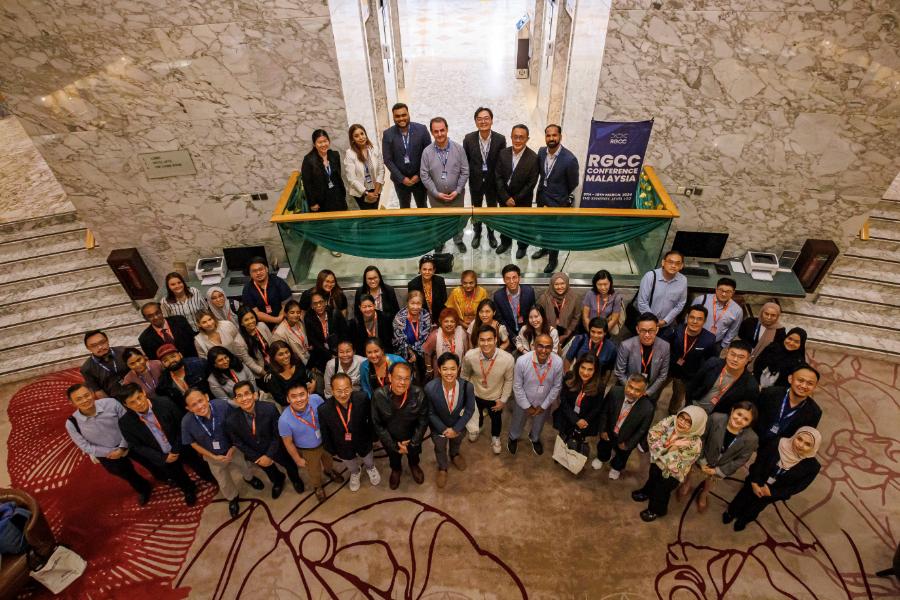
We are excited to announce the successful conclusion of the RGCC Doctor’s Day of the DACH area, “Ärztetagung” in Bavaria, Germany, held from 1-2 March. This event served as a platform for doctors and medical practitioners to stay updated on the latest company developments, products, and technologies. Attended by approximately 20 dedicated medical practitioners, the […]

RGCC International GmbH recently concluded its highly anticipated Gathering at “The Circle Convention Centre Zurich Airport” in Switzerland from 8-10 September 2023. The Gathering held both online and in person, marked a significant milestone for RGCC, bringing together over 100 collaborators from around the globe. During the event, attendees were granted exclusive access to the […]
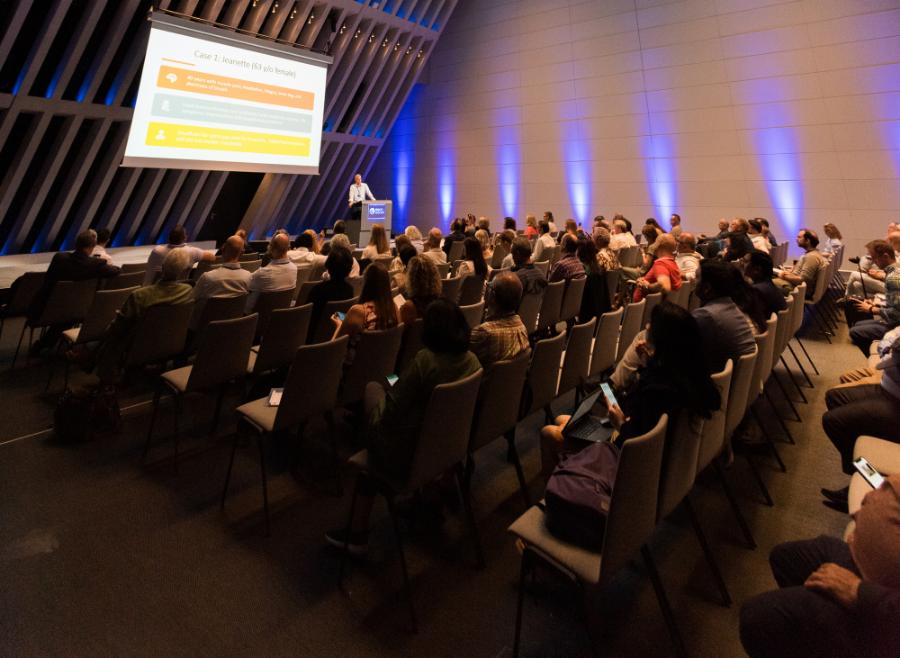
No, due to the blood-brain barrier, tumour cells cannot enter the bloodstream. This means that we cannot obtain and isolate any tumour cells from the blood sample.
Yes, patients with lymphoma or leukaemia can use an RGCC test to measure the number of circulating tumour cells (CTC) they have.
The most comprehensive test is the “Onconomics Plus” test. This provides information on the sensitivity or resistance of the patient’s tumour cells to certain cancer drugs and shows options for targeted therapy or an alternative treatment method with organic substances. The test also contains information about the development of the tumour and its potential by identifying epigenetic tumour markers relevant for the therapy, which are crucial for the correct therapeutic approach.
Online consultations will give you the opportunity to speak to any member of the RGCC Network at a time and place that is convenient to you. You will be able to choose from a shortlist of clinicians who best suit your needs.
Your chosen clinician will be in touch to make the arrangements and choose the most convenient method.
Didn't find an answer to your question? Contact us directly.
Get in touchRGCC operates in 23 countries across the world, with bases in all five continents.
Find out more